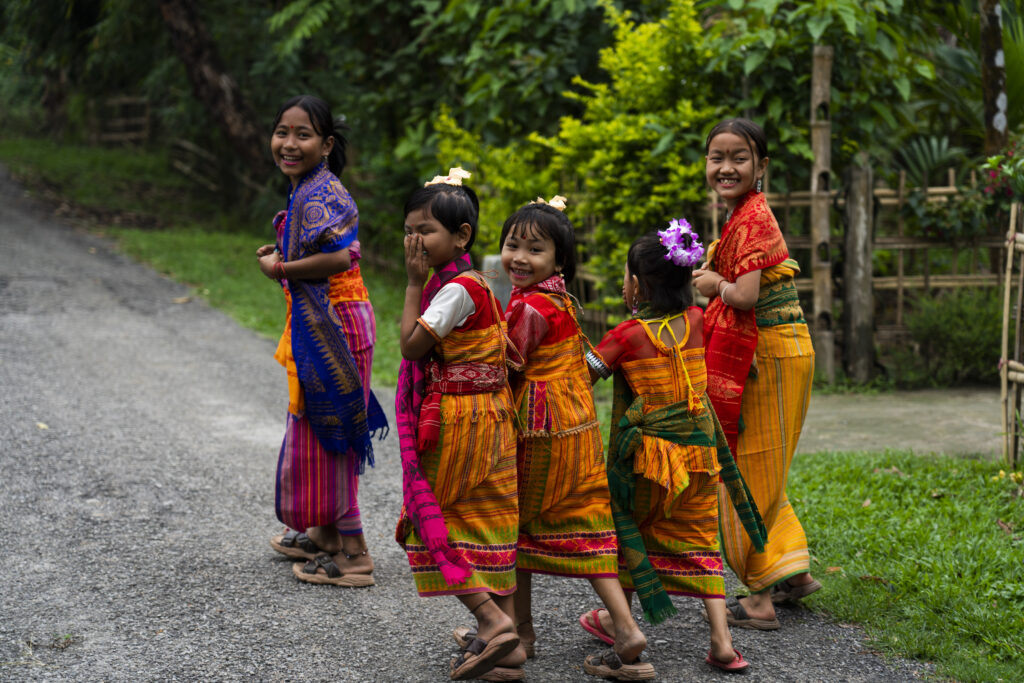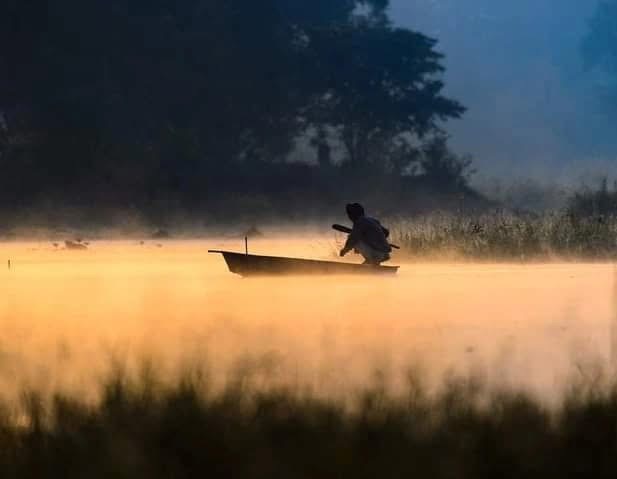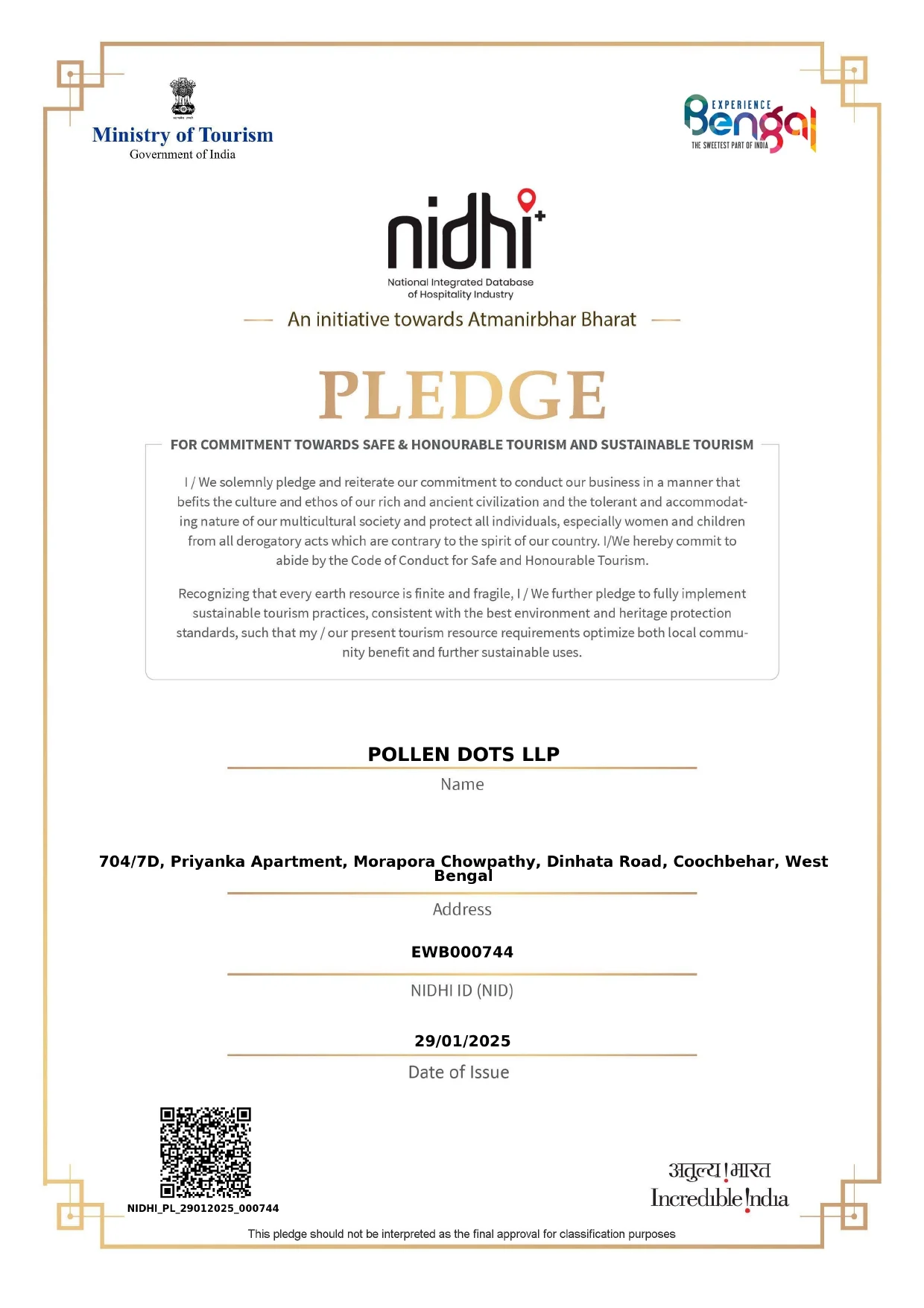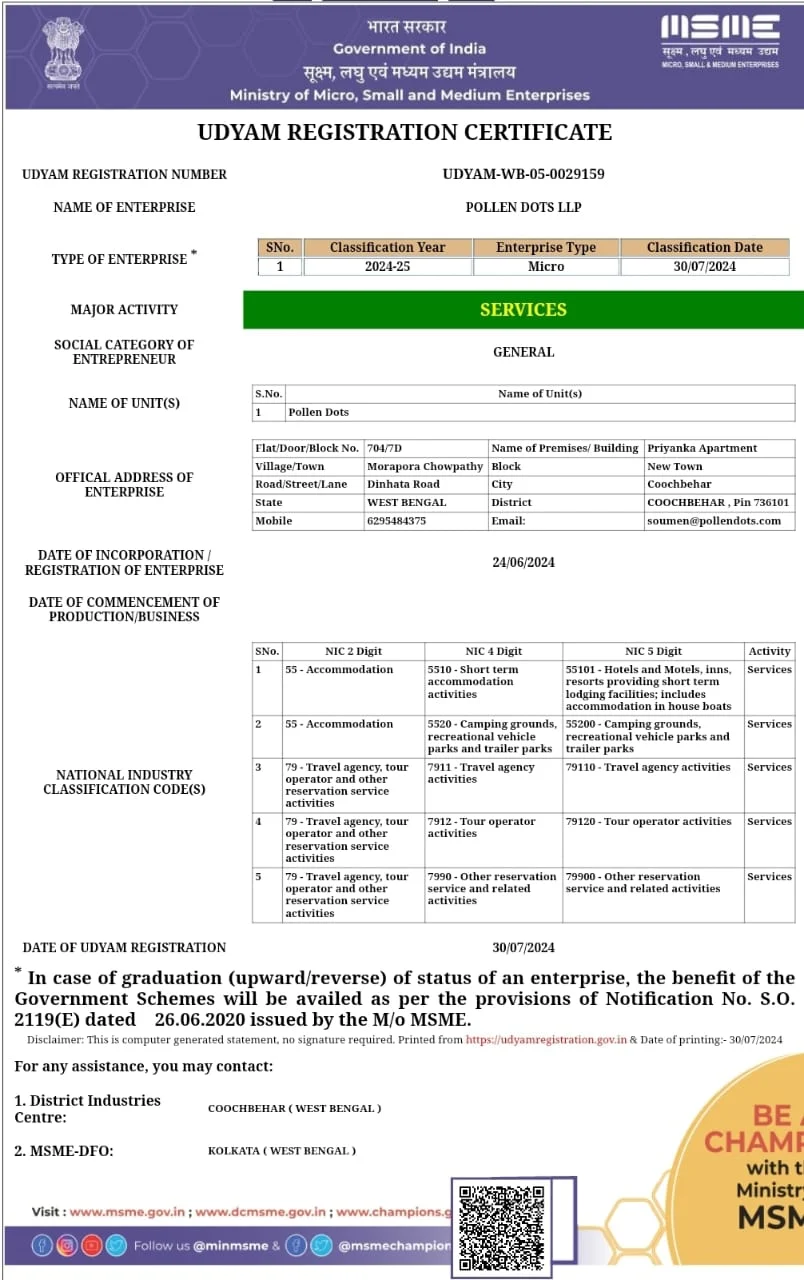Tucked at the foothills of the Garo-Khasi hills, Chandubi Lake is where Assam loosens its urban edges and settles into stillness. Formed after the 1897 earthquake, this natural lake is more than a scenic spot — it’s a living mosaic of forest, folklore, and indigenous life. Just 60 km from Guwahati, it’s a reminder that you don’t have to go far to step into a world that still listens to nature.
A Lake with a Seismic Soul
Chandubi was born of upheaval — created when the ground shook and a portion of land sunk to form this serene body of water. Today, the lake is a birdwatcher’s haven, its waters gently lapping against the edges of dense forest and small tribal settlements.
It’s not commercial. It’s not curated. And that’s exactly the point.
Meeting the Rabha Way of Life
The villages around Chandubi are home to the Rabha tribe, known for their hospitality, bamboo architecture, and deep forest knowledge. Spend a day in a Rabha homestay and you’ll experience life stripped of pretense — morning meals of roasted yam and puffed rice, afternoons weaving or fishing, and evenings filled with quiet conversation and soft laughter.

They don’t perform culture here — they live it.”
Walks, Canoes & Conversations
There’s not a checklist of things to do at Chandubi, and that’s what makes it beautiful. Walks through the forest trails reveal medicinal plants, butterflies, and calls of hornbills. Take a canoe ride across the lake as the sun dips into orange. Or simply sit by the water and let stories come to you — from elders, from silence, from wind.
Experiences to Hold Close
- Canoe rides at dawn, watching mist rise off the lake.
- Cooking with a Rabha family, learning about wild foraging and seasonal eating.
- Guided forest walks with indigenous hosts who speak the language of the land.
- Birdwatching, especially during winter when migratory birds visit the lake.
A Word of Respect
Chandubi thrives on simplicity. Skip the plastics. Walk instead of rev. And ask before you click. This place is not a backdrop — it’s a home. Treat it with the gentleness it deserves.
In Chandubi, the stillness speaks louder than the city ever could.”
















